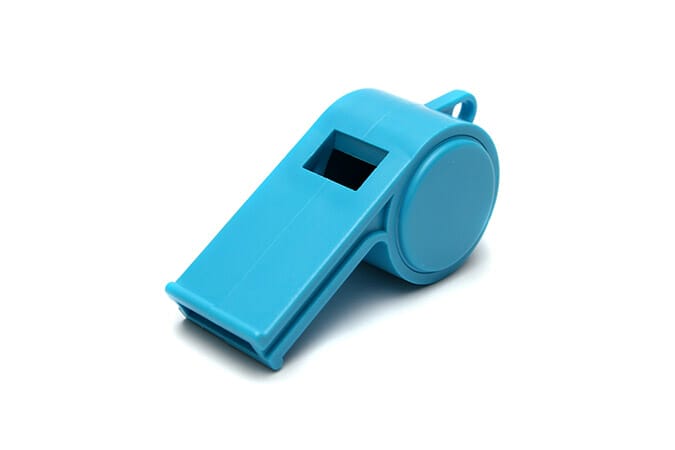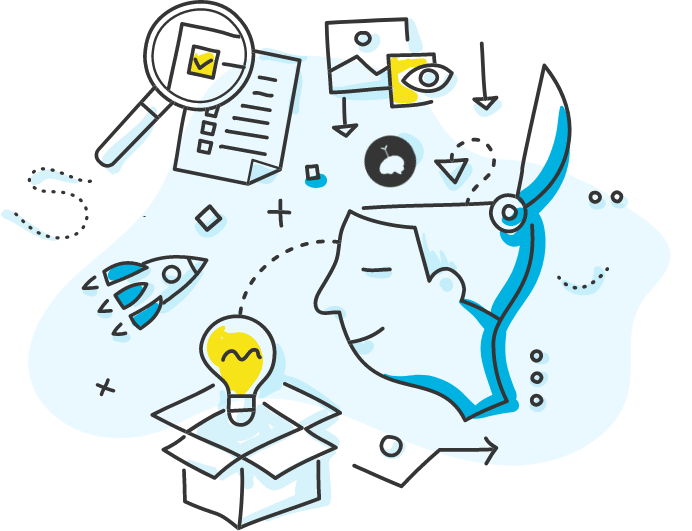Estimated Reading Time: 2 minutes, 50s.

The challenge in writing a blog about personal productivity is that productivity is personal. We’re all wired differently and do different work, which means no productivity advice is applicable to everyone. This is particularly the case when it comes to recommending productivity apps for becoming more productive—distraction blockers included.
Research suggests that our personality has a huge impact on how we fit software into our lives. This idea manifests in some curious ways. Take voice assistants, like Amazon’s Alexa, or Apple’s Siri. New research conducted by Microsoft —for their Cortana voice assistant—has found that you’re more likely to prefer one assistant over another depending on whether you’re an introvert or an extrovert. Extroverts prefer a voice assistant that’s more emotional and verbose; introverts? Not so much. If you’re more introverted, you might prefer how Alexa says a simple “Okay” when you ask her to set a timer, and may get mildly agitated when Siri tries to quip in with an added witty comment. Personality matters, and we prefer a voice assistant whose conversational style matches our own.1
This same idea extends to distraction blockers—apps I recommend often on this blog, and personally use every day.
A few weeks ago I attended this year’s New Work Summit, a conference put on by The New York Times. While there, I had the chance to sit down with Dr. Mary Czerwinski, a principal researcher at Microsoft, to chat a bit for my next book, and for this site. Mary is one of the world’s foremost experts on how people and computers interact, and has made significant contributions in the fields of multitasking, task management, and productivity. At one point, the conversation turned to how much our personality matters when using distraction blocking apps.
Mary’s research found that “personality type plays a huge role in how people handle the negative side effects of multitasking, interruptions, and social media.” There are certain traits that make us more likely to fall into a pit of distractions—traits such as conscientiousness, neuroticism, and impulsiveness work together to determine how easily we’re distracted. Mary recently teamed up with the company behind distraction blocker Freedom—the app I personally use and recommend—to see what effects the tool had on users.
For those who are good at managing their time, Mary found that “when you block your social media accounts and other distractions, you can actually really stress yourself out compared to other people.” In this case, you’re more likely to work through bouts of tiredness and fatigue, instead of taking a break. In other words, if you have high levels of self-control, distraction blockers are more likely to stress you out.
On the other hand, downloading a distraction blocker can come with huge benefits if you feel like you lack self-control. “When you feel the need to take a break and step back from your work, instead of mindlessly distracting yourself, you step away from your work to take the break you need,” Mary says. “You become more productive, feel less stressed, and get more physical activity.” The less self-control you have, the more an app like Freedom will help keep you distraction-free.
Productivity is highly personal—keep that in mind the next time you open that distraction blocker.
Full disclosure: Microsoft paid my way to attend The New York Times New Work Summit, a conference about the future of work. They did not pay me to write this post.




